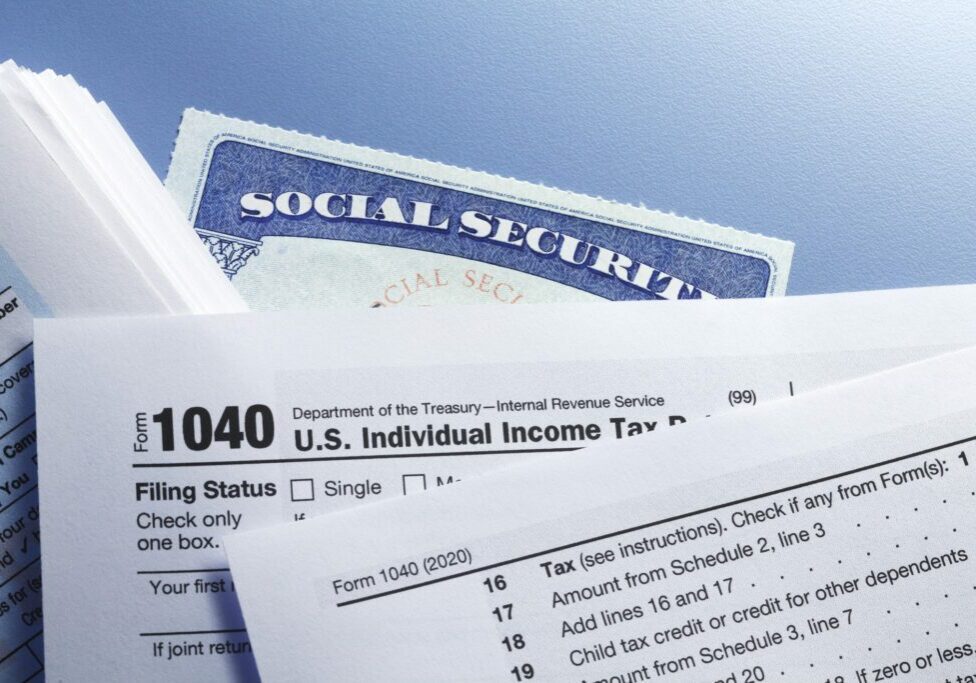IRS Letters and Replies
You just received a letter from the Internal Revenue Service (IRS) and your first thoughts, after panic subsides (or not), might be: I have never been audited before; how can I get this over with as fast as possible; why me; how much more am I going to have to pay; what did I do wrong on my return; or is this the start of an annual audit.
Unless you outright cheated on your tax return, don’t let fear of the IRS and an audit overwhelm you. Often the letter is simply requesting additional information, or perhaps something was not reported correctly. And if the letter comes shortly after the current year return was filed, it is likely in regards to incorrectly reporting payments to the IRS rather than an adjustment to the calculation of taxable income and the related tax.
The letter may include an initial assessment of additional tax that appears substantial, such as for the sale of a stock. The calculation may be based on the gross sale proceeds without deducting basis; in such case the calculation is wrong as the IRS does not have the basis so assumes the entire proceeds represent taxable gain. You may actually have a loss when properly reported.
Perhaps you just returned from a long trip and the letter says you must respond by a specified date that is only a short time away. Again, don’t panic. While the date you are requested to respond by should be respected, it is not an absolute date that will result in harsh consequences if not met. Generally it is the date after which additional interest or penalties may apply, but more time will be allowed if properly requested for reasonable cause.
If you are thinking you have never been audited before, you are in for a surprise. Most personal tax returns filed consist of:
1) Income from wages, interest, dividends, and stock trades;
2) Deductions for mortgage interest, property taxes, sales tax, and charitable contributions; and
3) Standard deductions, personal exemptions and tax credits. For most of these items, the IRS’ supercomputers match up tax documents such as W-2 and 1099s separately reported to them to what is reported in your tax return every year. In fact, the majority of letters sent by the IRS are result of not being able to match the information.
If you prepared your return yourself, make certain you thoroughly understand the IRS’ correspondence and are confident your response is accurate and in your best interest. For other than the simplest questions and most basic returns, you should hire a professional who is qualified to represent you before the IRS and have them prepare a Power of Attorney and correspond with the IRS on your behalf. A qualified professional that has experience and customarily deals with the IRS often times will get better results than a taxpayer who is unfamiliar with tax laws or is uncomfortable in dealing with IRS matters.
Audit statistics as of the most recent year available, 2013 can be found at: http://www.irs.gov/pub/irs-soi/13databk.pdf
Special alert: On August 13th the IRS issued a warning to taxpayers to be extra vigilant regarding a telephone scam in which taxpayers receive unsolicited calls from individuals fraudulently representing themselves as from the IRS and demanding payment. The Treasury Inspector General for Tax Administration has received 90,000 complaints and identified over 1,000 victims who collectively have lost $5 million. The IRS Commissioner said “Taxpayers should remember their first contact with the IRS will not be a call from out of the blue, but through official correspondence sent through the mail.” Additional information can be found at irs.gov/uac/Newsroom/IRS-Repeats-Warning-about-Phone-Scams
Ken Meissner, CPA is a partner at Alegria & Company and specializes in business and personal income tax and is a Certified Specialist in Estate Planning. He can be reached at kmeissner@alegriacpas.com








